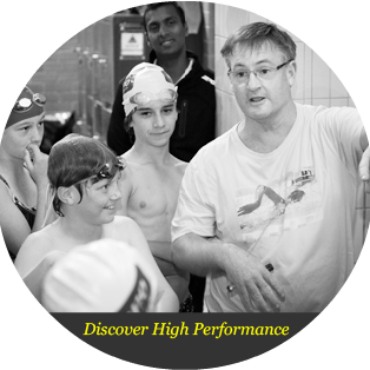One of the most important concepts that coaches need to understand is the difference between content and intent. Let me explain that.
When you write any training program, when you put together any training activity, the underlying assumption that you make as a coach is that the athletes will perform that activity with the intent with which it was written.
So for example, you might be putting together a training program for a football player and you might say well today’s drill is, we’re going to drill a soccer ball between ten cones, ten times. So we’re going to drill through a few cones, come back, drill through again, do it again, drill through again, and do that ten times.
The underlying assumption behind the content – which is the drill and the number of times it will be being completed – the underlying assumption you make as a coach is that it will be done with good technique, with a positive attitude at high speed and the athlete will learn from it.
Coaches don’t write training programs, putting together great content where they’ve got manipulations of heart rate, speed, intensity and quantity of work with an assumption that the athlete will do it poorly, that the technique will be terrible, that their attitude will be awful, that they’ll be sloppy in their execution.
This is where we come to understand how the art of coaching and the science of coaching work together. It’s a common debate at entry level coaching conferences and coaching courses. Coaching is an art and a science. Is it more art, is it more science? Well, the answer is it’s a blending of both at the right time.
Content in coaching is the science of coaching – putting together a program, how many repeats, how much to do, what intensity, what heart rate, what sort of a loading, how many repetitions. That’s the science of coaching and that’s relatively simple to learn. You can go online, you can get it from your national sporting federation, you can buy a book, you can buy DVDs – there’s so many ways you can learn the science of coaching and understand the content aspects of putting a program together.
What defines an outstanding coach is understanding intent.
So that as a coach I can have the best content; I can have it put together brilliantly; I can have it sculpted by a sports scientist; I can have something really outstanding on paper. But it’s my capacity to teach athletes and inspire athletes to perform what I give them with outstanding intent – to get them to do the work the way that it was intended so that everything they do is done to the full extent of their potential.
This is a fundamental aspect of becoming a great coach – understanding the difference between content and intent, between the science of coaching and the art of coaching. And so much of the art of coaching is what we call un-coachable. So much of it is around working with athletes as human beings and inspiring them to be more than they can be without our coaching.
Coaches, in summary, understand the difference between content and intent.
Coach and make a difference. It’s your coaching that determines how successful the workout will be. It’s your knowledge of science and the sport that sets the workout, but it’s the quality of you and the quality of your coaching that determines how successful those activities and that program will be in developing the potential of the athlete.
CoachTED (Training, Education and Development) Questions:
- Think about your own coaching program. Do you believe you are more a “science”, i.e. a content focused coach or are you an “art”, i.e. an intent focused coach?
- How do you believe this effects your coaching and your relationships with your athletes?
- Do you believe you can shift your coaching focus, i.e. if you’re a “content” focused coach, can you become more “intent” focused and vice versa? How?
- Think about the leading three or four coaches in your sport. Do you believe they are “content” coaches or “intent” coaches?




